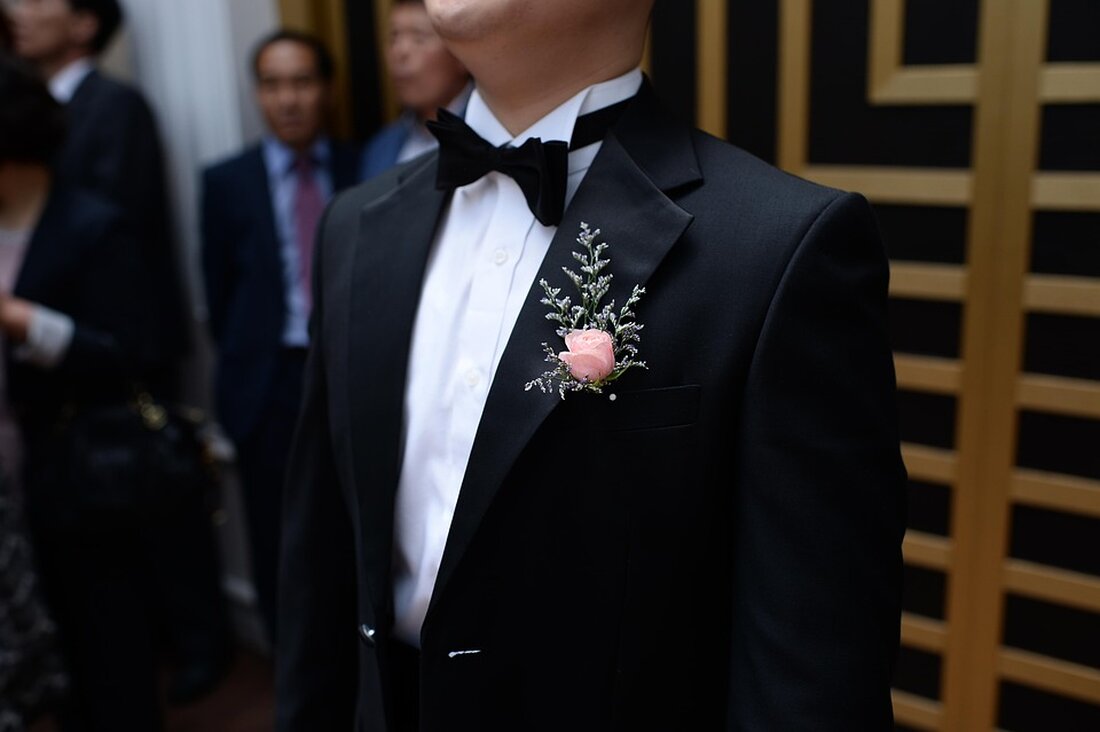Sleep tourism: The new trend for relaxing trips!
Discover the growing trend of sleep tourism, which prioritizes restful sleep in hotels worldwide - ideal for stressed travelers.

Sleep tourism: The new trend for relaxing trips!
Sleep tourism is becoming increasingly important as more and more people seek relaxation and good sleep during their travels. This trend is reflected in an expanded travel experience that is less focused on exciting experiences and more focused on relaxation. The reasons for this development are diverse. Increasing stress in everyday life and at work is leading to a growing interest in holiday offers that specialize in sleep. According to the Technicians' Health Insurance Two thirds of Germans regularly feel stressed, which is often due to work or training. In addition, at least one in ten people in Germany suffers from chronic sleep disorders, as in GEO magazine is mentioned.
The needs of travelers have changed. Many return from travel stressed because they often don't have enough time for relaxation. To counteract this trend, hotels around the world are reacting with innovative concepts that are specifically aimed at restful sleep. Numerous accommodations offer special sleeping offers and have specialized in the sleeping needs of their guests.
Special sleeping concepts in hotels
Prominent examples include hotels such as the Park Hyatt in New York, which offers a 900-square-foot luxury bedroom suite with smart beds and customizable room fragrance. The Zedwell in London also has soundproof rooms without TVs, and the Cadogan London has “sleep concierges” who assist guests with meditations and a selection of herbal teas. Another notable hotel is the Mandarin Oriental in Geneva, which works with a sleep clinic to analyze the sleep patterns of its guests.
In addition to the special bedrooms, many of these hotels offer a wide range of additional services aimed at improving sleep quality. These include aromatherapy, sound concepts, massages and yoga, which serve to support a restful sleep.
Criticism of sleep tourism
Nevertheless, there are also critical voices about the development of sleep tourism. The high cost of such sleep hotels often makes them inaccessible and turns restful sleep into a luxury item. In addition, long-distance travel for recreational purposes is viewed as ecologically questionable. Experts recommend choosing regional hotels instead to travel in an eco-friendly way and reduce carbon emissions. The Technicians' Health Insurance and other experts emphasize that sleep problems should be addressed in the long term rather than seeking short-term solutions in expensive hotels.
Overall, it is clear that sleep tourism is becoming increasingly relevant, especially in times of high stress. Focusing on sleep and rest could set a new priority for travel and meet the needs of many travelers.

 Suche
Suche
 Mein Konto
Mein Konto